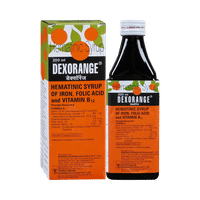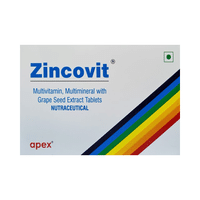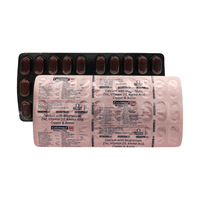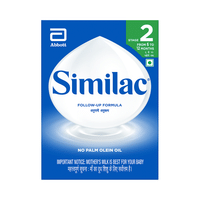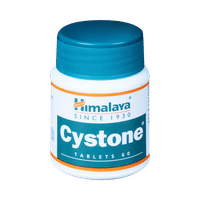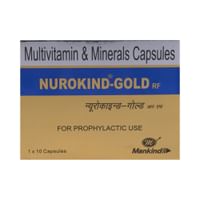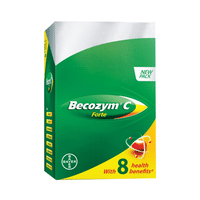Rs.37.40for 1 strip(s) (10 tablets each)
food interaction for Tordack Tablet
alcohol interaction for Tordack Tablet
pregnancy interaction for Tordack Tablet
lactation interaction for Tordack Tablet
food
alcohol
pregnancy
lactation
Tordack 5 Tablet may be taken with or without food, but it is better to take it at a fixed time.
None
None
CAUTION
It is not known whether it is safe to consume alcohol with Tordack 5 Tablet. Please consult your doctor.
CONSULT YOUR DOCTOR
Tordack 5 Tablet is generally considered safe to use during pregnancy. Animal studies have shown low or no adverse effects to the developing baby; however, there are limited human studies.
SAFE IF PRESCRIBED
Tordack 5 Tablet is probably safe to use during breastfeeding. Limited human data suggests that the drug does not represent any significant risk to the baby.
SAFE IF PRESCRIBED
SALT INFORMATION FOR Tordack 5mg Tablet
Torasemide(5mg)
Tordack tablet uses
{med_name} is used in the treatment of Hypertension (high blood pressure), Heart Failure, Edema and high blood calcium level. It treats oedema (fluid overload) associated with heart, liver, kidney or lung disease.
How tordack tablet works
Tordack 5 Tablet is a diuretic. It removes extra water and certain electrolytes from the body by increasing the amount of urine produced.
Common side effects of tordack tablet
Headache, Dizziness, Dehydration, Constipation, Decreased blood pressure, Upset stomach
SUBSTITUTES FOR Tordack Tablet
77 Substitutes
77 Substitutes
Sorted By
 Rs. 78.90pay 41% more per Tablet
Rs. 78.90pay 41% more per Tablet Rs. 40save 32% more per Tablet
Rs. 40save 32% more per Tablet Rs. 46.35save 20% more per Tablet
Rs. 46.35save 20% more per Tablet Rs. 47.30pay 26% more per Tablet
Rs. 47.30pay 26% more per Tablet Rs. 37.50same price
Rs. 37.50same price
Expert advice FOR Tordack Tablet
- Take it in the morning with breakfast to avoid getting up at night to urinate.
- Monitor your blood pressure after starting Torasemide, and notify your doctor if it does not lower down.
- Consult your doctor if you experience dizziness, tiredness, or muscle weakness that does not go away.
- Take potassium supplements or potassium-rich diet (banana, spinach, coconut water, etc.) as Torasemide can decrease your potassium levels and lead to dehydration.
- You may be asked to get regular blood tests done to monitor your kidney function.
- Torasemide helps remove excess water from your body and lowers blood pressure.
- Take it in the morning with breakfast to avoid getting up at night to urinate.
- May cause dizziness in the initial days of treatment.
- Monitor your blood pressure after starting Torasemide, and notify your doctor if it does not lower down.
- Consult your doctor if you experience dizziness, tiredness, or muscle weakness that does not go away.
- Take potassium supplements or potassium-rich diet (banana, spinach, coconut water, etc.) as Torasemide can decrease your potassium levels and lead to dehydration.
- You may be asked to get regular blood tests done to monitor your kidney function.
Frequently asked questions FOR Tordack 5mg Tablet
Torasemide
Q. Does Tordack 5 Tablet raise blood sugar?
Yes, Tordack 5 Tablet may raise blood sugar levels causing hyperglycemia. Hence, it is important to keep a track of your blood glucose levels during treatment with Tordack 5 Tablet.
Q. What are the side effects of Tordack 5 Tablet?
The common side effects of Tordack 5 Tablet include headache, dizziness, dehydration, constipation, decreased blood pressure and stomach upset. Some of the serious side effects of Tordack 5 Tablet include dehydration and electrolyte imbalance, rapid or excessive weight loss, vomiting blood, chest pain, difficulty breathing or swallowing, blisters or peeling skin, hives, rash, and itching. Consult your doctor immediately if you notice any such symptoms.
Q. Does Tordack 5 Tablet increase creatinine?
Yes, Tordack 5 Tablet may cause a mild increase in creatinine values depending on the dose you are taking. These increased creatinine levels may increase slightly more when this medicine is used for long term. However, with discontinuation of the treatment, these levels return to their base value.














